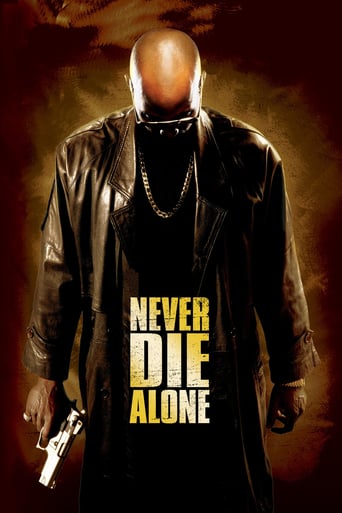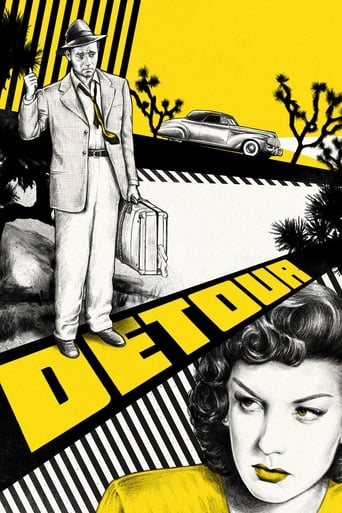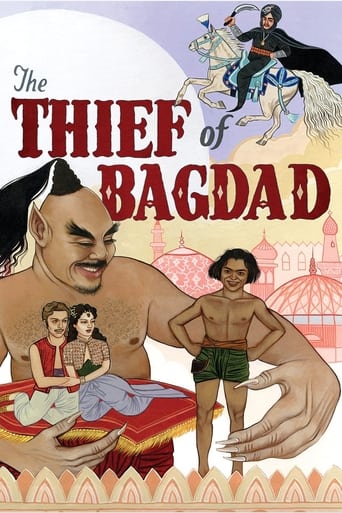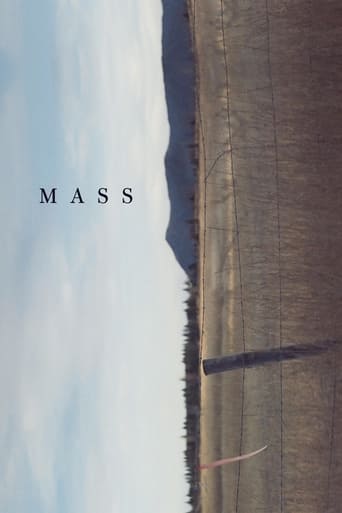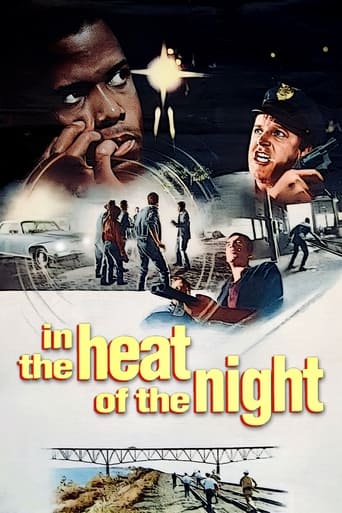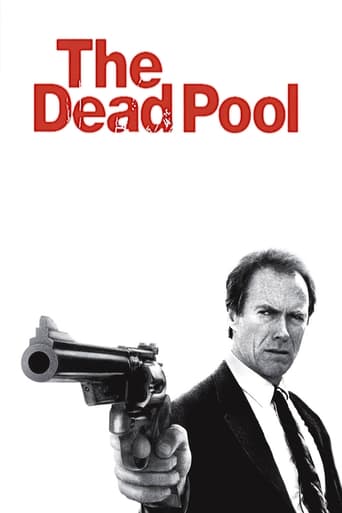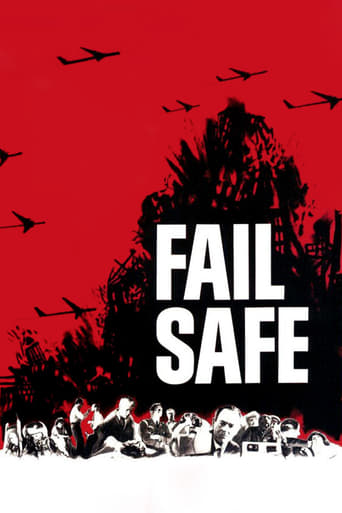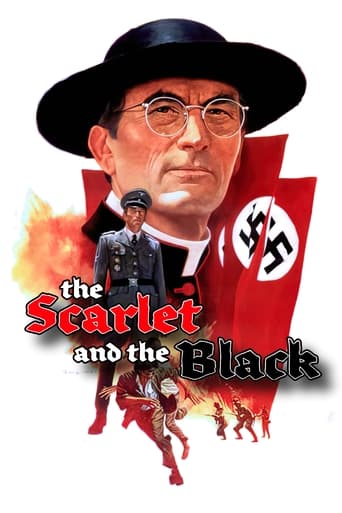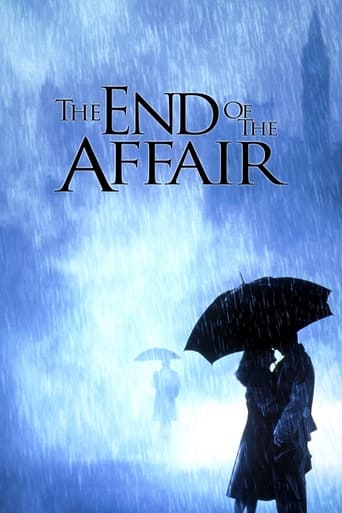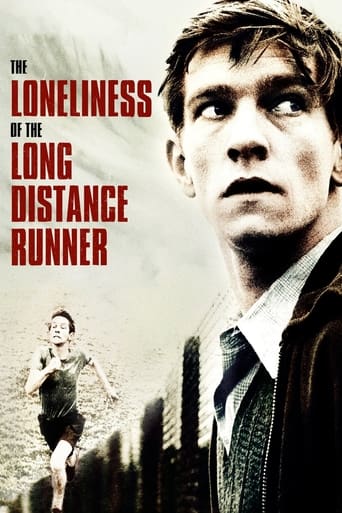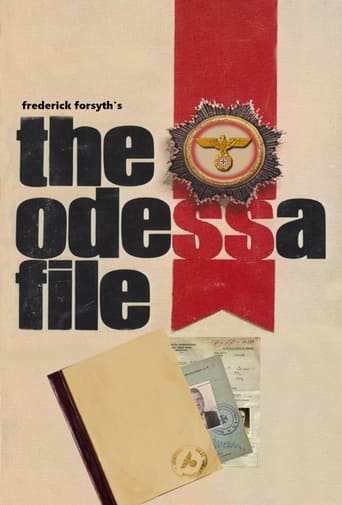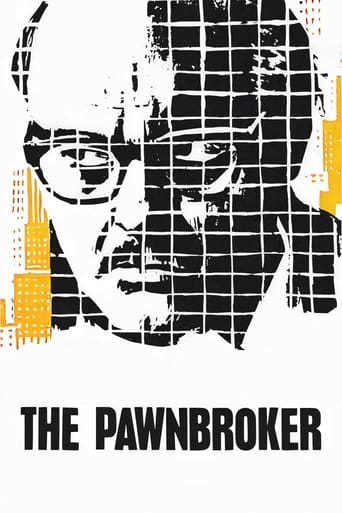


The Pawnbroker
A Jewish pawnbroker, a victim of Nazi persecution, loses all faith in his fellow man until he realizes too late the tragedy of his actions.
-
- Cast:
- Rod Steiger , Geraldine Fitzgerald , Brock Peters , Jaime Sánchez , Thelma Oliver , Marketa Kimbrell , Juano Hernández


Similar titles
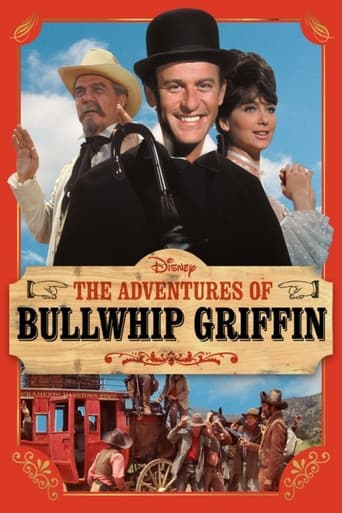
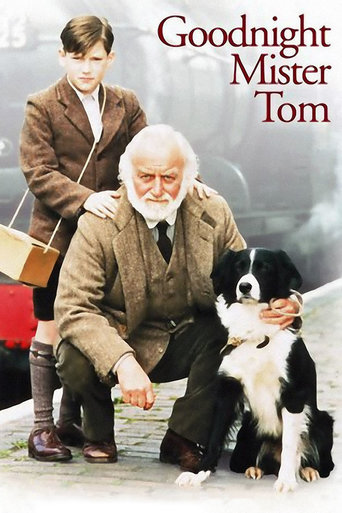
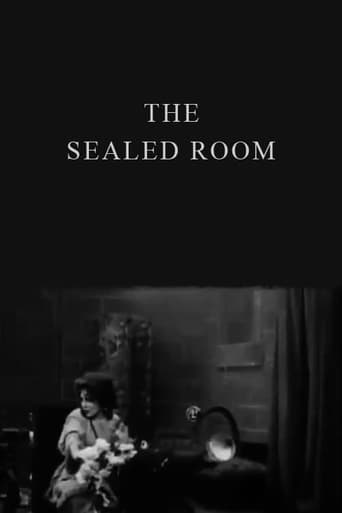
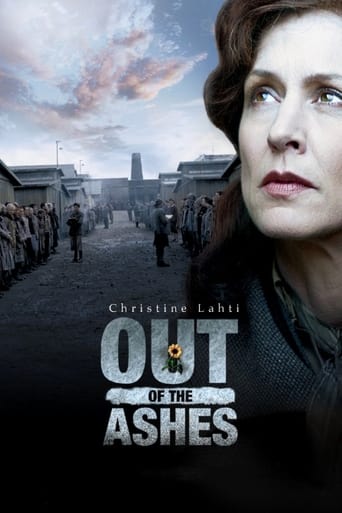

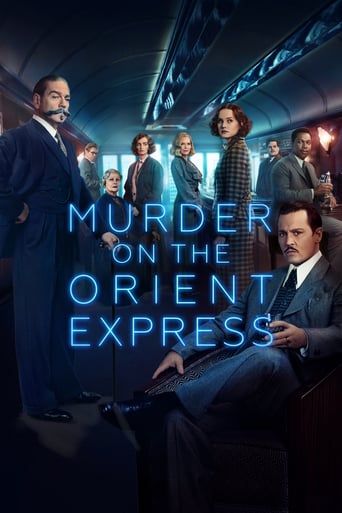

Reviews
It is a performances centric movie
A lot more amusing than I thought it would be.
Ok... Let's be honest. It cannot be the best movie but is quite enjoyable. The movie has the potential to develop a great plot for future movies
The thing I enjoyed most about the film is the fact that it doesn't shy away from being a super-sized-cliche;
The Pawnbroker deals not within the Holocaust but in its aftermath - such an event having an undeniable aftershock in the world's community. This type of treatment has a different power in 1964 than nowadays, where the Holocaust is a sacred and delicate topic reserved for but the most revered directors, demanding utmost solemnity. Compare this to Lumet's direction. See, for example, how the lively character of Jesus Ortiz is introduced to us. The setting is the dim, still pawn shop, and then Jesus bursts in from the side entrance like a sitcom character, blasts his trumpet a few times, and bumbles around without doing much work. The second person who breaches Sol's cage is a loud black woman, almost a walking stereotype, who reacts to his meagre offer for her ornate candlesticks with hysterical, over-the-top laughter, as if they were both in on a practical joke. Sol remains unmoved. Rod Steiger is a frigid and cold type. He shuffles silently around the interiors of his pawn shop, and Boris Kaufman captures his profile in a way so that it is always obscured and hidden behind layers of protection and distance, either physically in the shadows of bars over his face and the steel-mesh cage, or in his body language, in the way Steiger never holds a gaze while his customers unload the tales of their merchandise. They might as well be talking to a brick wall. Sol is unwavered by their nostalgia for these relics, and has a good reason for being unwilling to delve back into the past. His curt, clipped replies offer no weakness to probe or enter, and act as a foil to the emotional desperation of the customers who are often parting with treasured belongings because of dire financial need. In one particularly haunting sequence, a man walks hobbles in looking not for money but merely a face to talk to and an ear to listen, and Sol coldly turns him away. Lumet unveils the cracks slowly, as if wanting to avoid the branding of a Holocaust film immediately so that we are not so quick to cast our sympathies out. The direction doesn't force Sol's hand, but merely presents his circumstances in a way which reveals his past and how unforgettable the torment of the concentration camp must be. At first, subtly, he introduces characters which shake up the equilibrium of the lowly pawn shop. When black boys come in to pawn an expensive lawnmower, Sol directs a thinly veiled accusation at its origins, and we can feel the tension in the room. The object rocks his apparent cold impartiality, and through Steiger's eyes we witness him wresting between his disdain for the 'scum' and the silent front he has forged through years of suffering and mourning. Another is Marilyn Birchfield, the local social worker, who is so entirely honest and open-faced that we wonder how she has survived so long in Harlem. Because she presents herself as a figure of charity and future change, Sol rejects the very idea of her; such kindness and humility does not agree with his pessimistic worldview, forged from the horror of his experiences. When she tries to reach out (on the balcony of a sunny, skyscraper apartment, no less) he bitterly unleashes what he swore he would not release, and refuses her hand. The past is revealed in stuttered flashbacks, not as grand condemnations but as filtered and intensely personal memories which resurface despite Sol's insistence on pushing them down deeper. Lumet channels Alain Resnais, who in Night and Fog created a haunting juxtaposition of the past and present. While the camera hovers all around the city and slums, it picks up on indiscriminate events which are magnified through his vision; a man trying to escape from a gang of thugs reminds him of the barbed wire walls of the camp, and a pregnant girl pawning her ring forces his mind back to the image of Jewish wedding rings being picked off the conveyor line of the same fence. One sequence involving an prostitute's offer plays out like a tape rolling between two scenes over and over, as the site of bare breasts invokes an ugly memory of the rape of his wife. The unsettling effect is combined with overlapping sound tracks until the two scenes converge into one painful, singular moment for Sol. Sexual bliss has been long eradicated from his life - see how the edits flit from Jesus and his girlfriend in an animated tryst, and then to Sol and his partner, who treat sex like an oft-forgotten obligation, an act of silent passion.Steiger's greatest moment comes when he realises his complicity all these years with the local racketeer Rodriguez and his prostitution den, and his entire face scrunches up in agony because his distance has been all for nought. Quincy Jones' jazzed up, uninhibited score hurtles along with the camera through Harlem, and betrays Sol's old world sensibilities by being piped out from every murky street corner and store. There is excitement and energy leaking from the seams of the post-war society, one that he is quick to stamp out of his protégé. But in Jesus' death he finds new meaning and existence. The man who once felt the greatest pain of them all is allowed vulnerability once more, and perhaps a new start can finally begin.
Oooph, this movie hurts.Film buffs can find evidence of schizophrenia in any movie decade, but perhaps none more so than in the 1950s and 1960s. It is nearly inconceivable to me that "The Pawnbroker" came out in the year that "The Sound of Music" won the Best Picture Academy Award. Don't get me wrong, I very much like "The Sound of Music" too, but it almost seems like it was made in a different century compared to this film.Rod Steiger was justly nominated for and wrongly lost the Academy Award for his performance in "The Pawnbroker," as a concentration camp survivor who has lost all faith in humanity and sees people as no more or less valuable than the possessions they come to him to pawn. The film was directed by Sidney Lumet, and it creates the same sweaty, grimy atmosphere that Lumet would occasionally revisit (like in his 1975 film "Dog Day Afternoon") and that Martin Scorsese made a career of throughout the 1970s. It's a bleak film, one that uses the horrors of the Holocaust to shape its main character's psyche without giving him or the audience any real hope for his future. It's a film that suggests that the Holocaust broke something fundamental in human nature that will never be repaired. It's a message at odds with so many films that try to find closure or hope or at the very least a lesson to be learned from such a dark chapter of history, and it makes "The Pawnbroker" feel years ahead of its time.The film is also trailblazing in its acknowledgement of blacks and homosexuals at a time when the former were the subject of mostly preachy white guilt movies that starred Sidney Poitier and the latter were not to be found in films pretty much anywhere. In "The Pawnbroker," both exist without commentary; they're just part of the world Rod Steiger's character lives in, as disenfranchised from the rest of humanity in their own way as he is. It's rather remarkable that the film includes so many black and gay characters without the film being ABOUT black and gay characters. The casual inclusion of them is a greater statement for the time than a movie about them would have been.This is by no means a pleasant film to watch, but it is an awfully good one, and one that may very well leave you shaken.Grade: A
You can watch Sidney Lumet's half-dozen most acclaimed movies and still have a huge handful of hidden gems to discover. I've taken it upon myself to investigate his filmography to see if there's any great films in their midst, and if The Pawnbroker remains my favourite of them all I'll stay satisfied. Lumet has evidently had a close relationship with New York and this is his bleakest portrait of it so far seen through the eyes of his most tragic character. A Jewish pawnbroker, Sol, suffering from PTSD who's constantly under the weight of money issues from every angle. A true anti-hero here, he doesn't even offer a hand to a young pregnant woman in need. His view is nihilistic, but due to his spiritual death at concentration camps where his soul was sucked dry. Now he's resigned to the prison of his pawn shop.Despite his death of spirit and desire for peace and quiet, all walks of life enter his shop, sometimes contrasted together, and they're often vibrantly desperate. Everyone is under the boot of someone here, Sol and his customers and Sol and the people he owes money to. The film keeps hold of its novelistic approach from the source material, perhaps to its detriment as it feels bloated with extraneous characters that could have been shredded. Its best for its stark 'New Wave'-esque photography with dramatic zooms and push ins and harsh black and white lighting. Some of its images feel like they burst off the screen. It utilises very abrasive editing that borrows concepts from Resnais' Hiroshima Mon Amour where memories appear on screen in short bursts. It's not as well handled, often feeling clumsy in its pacing, but the effect is often powerful.Paired with the bombastic score, it's often an overwhelming blend of visuals and sound that the characters feel disorientated by too. Rod Steiger holds the film on his shoulders like a bull. Often sensitive, often reserved, but when he rants in a monologue, his words hit hard. He's especially astounding in the film's closing moments. Not all the performances meet his match, some are too high strung. It is a blessing and a curse that Lumet films run a little long as the film takes too long to set itself up. It would be a favourite worthy film if I connected to haunted past narratives a little more. I feel like what it's trying to say is fascinating, and although it has the drive it needed a tiny bit more focus and balance. Perhaps The Pawnbroker is a relic of its time in post-war mourning, but it's still an admirable and arresting film. Only a handful of minor shortcomings hold it back from the level of his more obvious greats. I eagerly await more Lumet.8/10
Sidney Lumet is probably best known for movies like "Dog Day Afternoon" and "Network", but another really good film that he directed is "The Pawnbroker". This one stars Rod Steiger as concentration camp survivor Sol Nazerman, now running a pawnshop in East Harlem. The horror that Sol witnessed has left him embittered. Moreover, he has not escaped violence: the streets of New York see no shortage of gang warfare. A major focus is how, despite his alienation from the world, Sol tries to explain the ramifications of what happened to the young Puerto Rican who idolizes him.It's fairly well known that Groucho Marx wanted the role of Sol. I don't know exactly how the movie would have come out had he played the role -- although it might have been a little harder to take seriously -- but Steiger is perfect as the man still trying to put his life back together. A very good one. I recommend it.Watch for a young Morgan Freeman as the man on the street.

